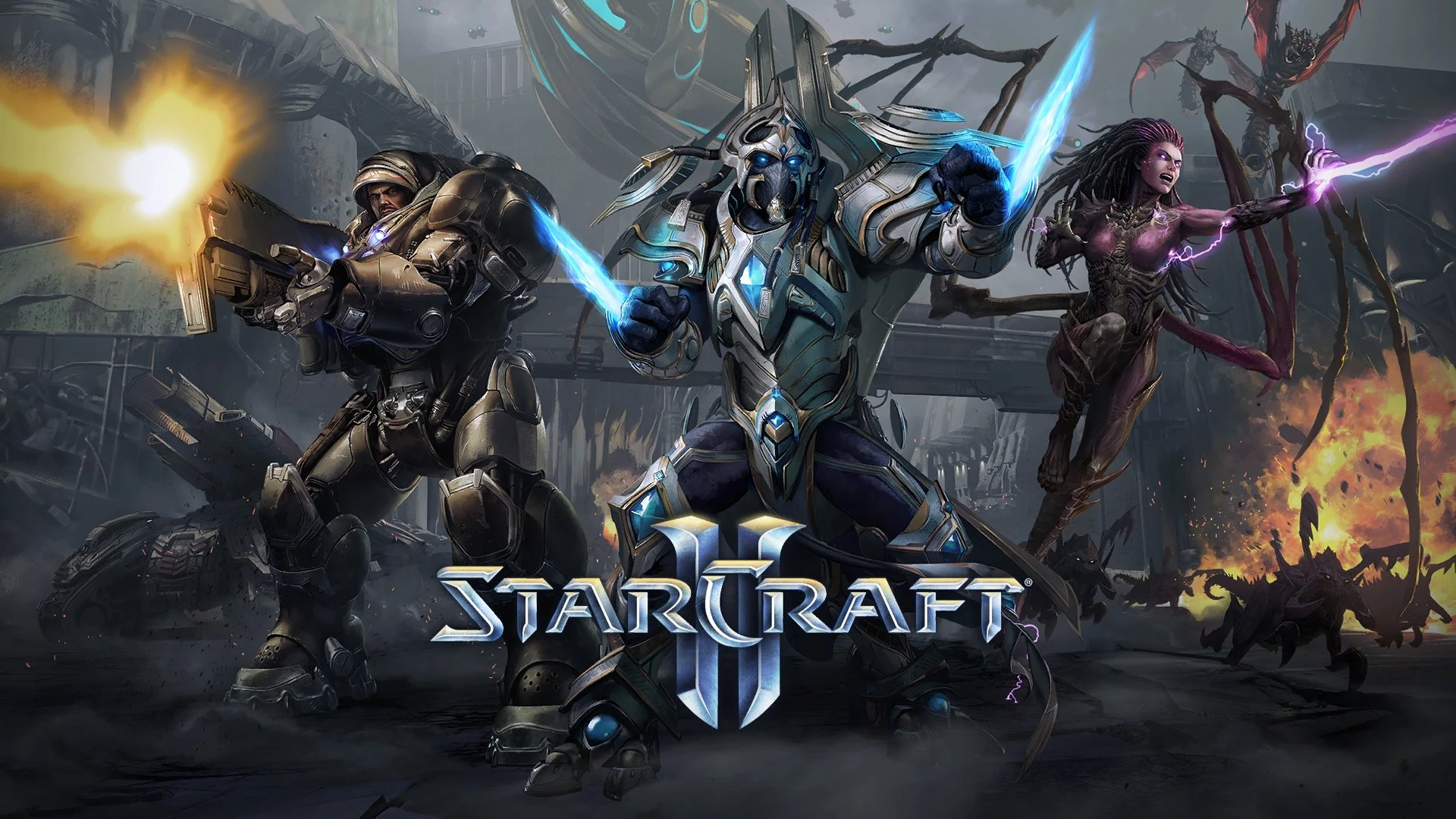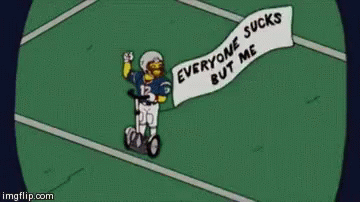When I first learned about linux OS and how it can extend the life of older machines, I tried to refurb my sister's ancient laptop that weighed more than a desktop by cleaning it out and booting it on Mint OS.
It worked out surprisingly well. The computer that used to refuse to get past the login screen on Windows xp, was now running quite smoothly. I could browse the web, watch videos, type of documents using the Open source office software.
Then I realised it had a video out port. So I thought, let's see if I can plug it into the TV and watch some YouTube. Sure enough, it worked. There was the odd stutter here and there, but it was watchable.
My thought would move on to seeing if this thing could run any games. I installed Steam and downloaded Team Fortress 2 and CS:GO. It barely ran and I needed to put everything to low settings and even scale down the resolution, making it look like I was playing from a POV of a person with bad eyesight who lost their glasses.
After this, I realised that I spent a lot of time trying to research and figure out how to get games running optimally on an old rig - even though I knew there would rarely be a time I would use it to do so. I didn't really have a purpose for refurbing the machine, just wanted to try.
I remembered doing something similar with those eePCs that were all the rage back in late 2000s, early 2010s. I got one on a super sale (shop misadvertised price, but had to sell them at that since it was on print) and at first I would use it for work (worked at an office at the time), something portable but could run some word processors and spreadsheets. Eventually I started to try and run some games on this thinking it could be a portable games thing. I ended up only being able to run a 90s game - Fallout 2 off GOG (Good Old Games) and I played it probably twice - once on a flight from Sydney to Tokyo and once on a bullet train from Tokyo to Hiroshima.
So fast forward to today and I got an early birthday present in the form of the ASUS ROG Ally. It is supposed to be like a Steam deck but running Windows 11 so I can play games not just from Steam.
The first thing I did with this? I uninstalled ALL productivity software.
I learnt my lesson. The ROG Ally is going to be a machine just for games on the go (and the odd streaming videos via a dock). To be honest, there were tempations while setting up a dock with keyboard and mouse - thoughts of doing work on it, maybe some emergency video editing, etc... It all came down to "maybe if x happened..." or "what if..."
Kind of like trying to build the ultimate robot but you try to make it have no weaknesses and give it protection to everything while making it have the deadliest weapons. In the end it would probably just become a stationary metal cube.
I have a laptop for working on the go. An iPad for consuming media and producing media (Garageband and Adobe Sketch). A desktop for high end gaming and video editing. And now my ROG Ally to play some PC games on the road, or even to stream games via Xbox Ultimate Gamepass or Chiaki (PS Remote Play).
In education, I feel like companies are trying to create these all-in-one solutions. But I always feel these feel bloated and sluggish to run. It also lacks a lot of options to customise because I'm guessing that allowing this could break parts of the software if the wrong options were touched. Some educators want these all-in-one solutions too. "Too many different tools to remember", "Why can't x do y as well?", "It's all just too much" - are some common statements I hear.
However, I think having multiple, purpose-specific tools makes more sense for our profession. If we could learn everything with one approach then everything would be doing it. If we could teach everyone at 100% success rate with one approach, then a computer would be doing it. But we haven't figured these out yet...
Yes it might be more convenient to have everything in one spot. But usually these come at a cost of sacrificing other functions in order to streamline it all.
Basically, it ends up being a stationary cube.

























